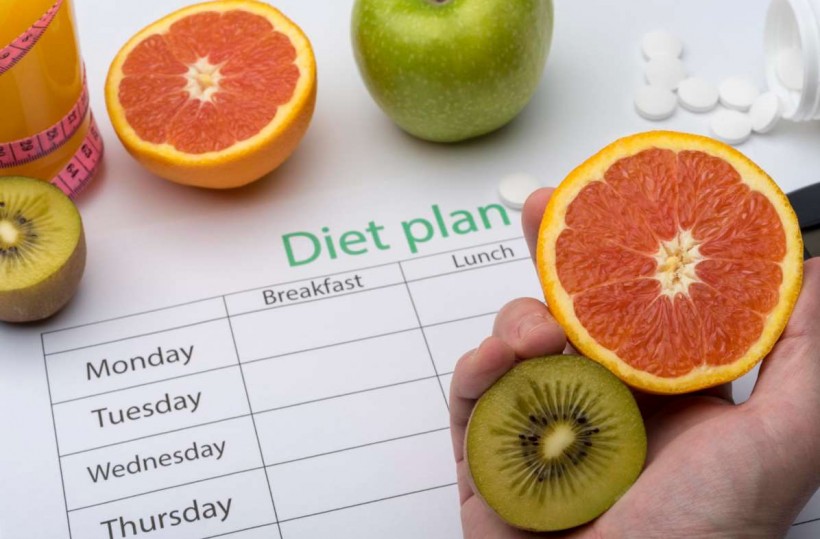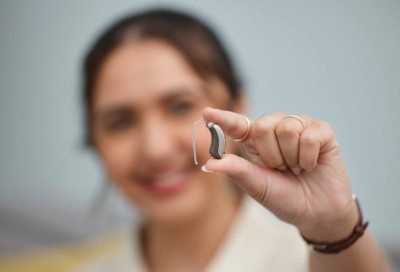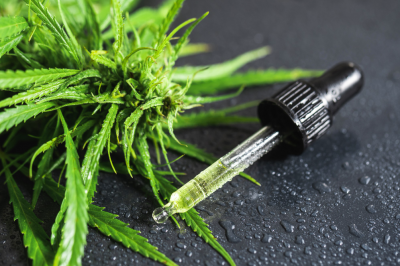How Your Dietary Needs Change As You Age
Warning: Undefined variable $post in /home/dietofli/public_html/wp-content/plugins/code-snippets/php/snippet-ops.php(584) : eval()'d code on line 3
Warning: Attempt to read property "ID" on null in /home/dietofli/public_html/wp-content/plugins/code-snippets/php/snippet-ops.php(584) : eval()'d code on line 3
The estimated reading time is 3 minutes
Warning: Undefined variable $post in /home/dietofli/public_html/wp-content/plugins/oxygen/component-framework/components/classes/code-block.class.php(115) : eval()'d code on line 3
Warning: Attempt to read property "ID" on null in /home/dietofli/public_html/wp-content/plugins/oxygen/component-framework/components/classes/code-block.class.php(115) : eval()'d code on line 3

Everyone knows that eating a healthy and balanced diet is important, but have you considered how your dietary needs change as you get older? This is an area of health that is not commonly known, and it is helpful to be aware of so that you can make positive changes as you age. While there is no need for any drastic changes, it is useful to know the best ways to optimize your diet so that you can maintain good health as you get older. This post will look at a few of the main ways that your dietary needs change as you get older.
Require Fewer Calories
One of the most notable changes is that your body will require fewer calories, and this is because your metabolism slows down. Therefore, you should not worry if you do not have the same appetite and are only able to handle smaller meals (this can also save you money!).
Require Higher Fluid Intake
Although you require fewer calories as you get older, you might find that you require more fluids. Seniors are more prone to dehydration, so it is important to drink at least eight 8-ounce glasses of water each day and more if you feel thirsty.
Need For Protein
Protein is important at all stages in life, and people tend to associate protein intake with muscle building and exercise. It is also important for seniors to get enough protein in their diet, and this is to prevent muscle loss, which can be an issue as you get older (this is why strength training is also important). If you struggle to make your own meals, you might find it beneficial to hire a live-in care support worker. A live-in care worker will be able to prepare all of your meals for you to ensure that you are getting a healthy and balanced diet with plenty of protein. They can also assist with any other tasks that you are struggling with, such as washing and dressing, laundry, and grocery shopping. Visit alinahomecare.com to find out more about how they can help.
Fiber Intake
Constipation can be a problem for many people as they get older. This is why many find it important to increase their fiber intake, with the recommended amount being 30 grams (hydration is also key). A few of the best foods for fiber include:
- Chickpeas
- Lentils
- Oats
- Whole-wheat bread
- Pasta
- Nuts
- Brown rice
Need For Calcium & Vitamin D
Seniors also need to maintain bone health to stay active and mobile as they get older. Calcium and Vitamin D are key for this, so it is important to find ways to incorporate these into your diet. You could also take supplements but do not substitute these for meals.
It is important to be aware of how your dietary needs change as you get older so that you can make adjustments to improve your health and well-being. There are no massive changes, but you do need to make a few improvements so that you can get all of the nutrients that your body needs.














